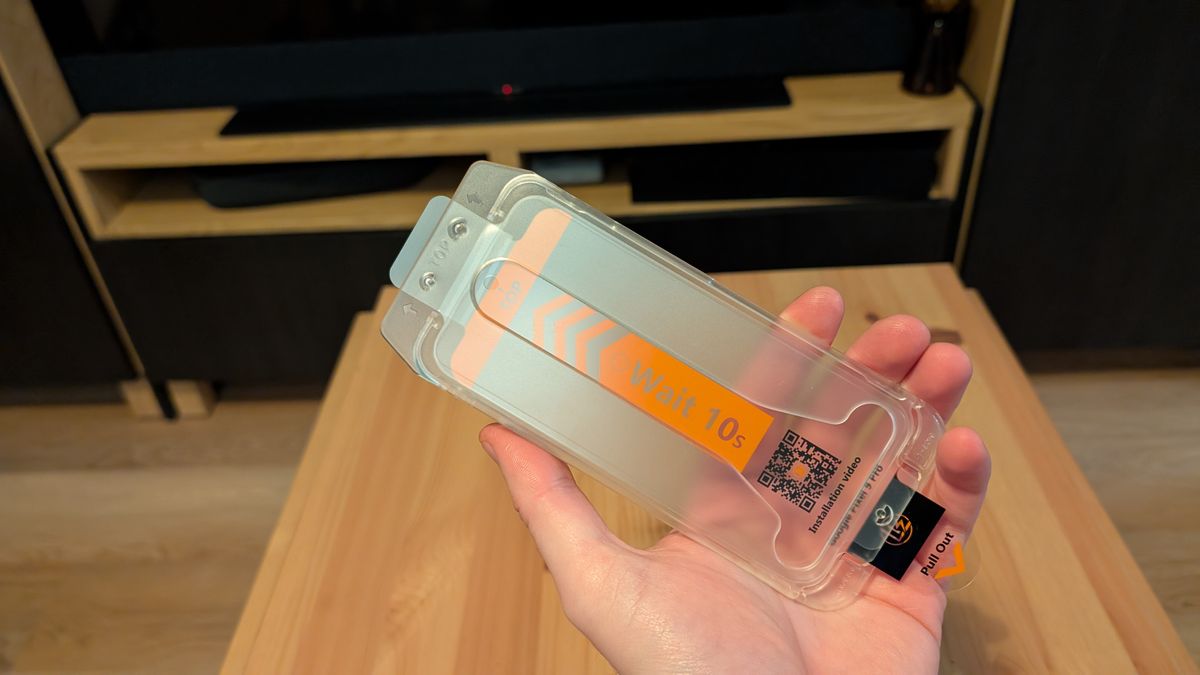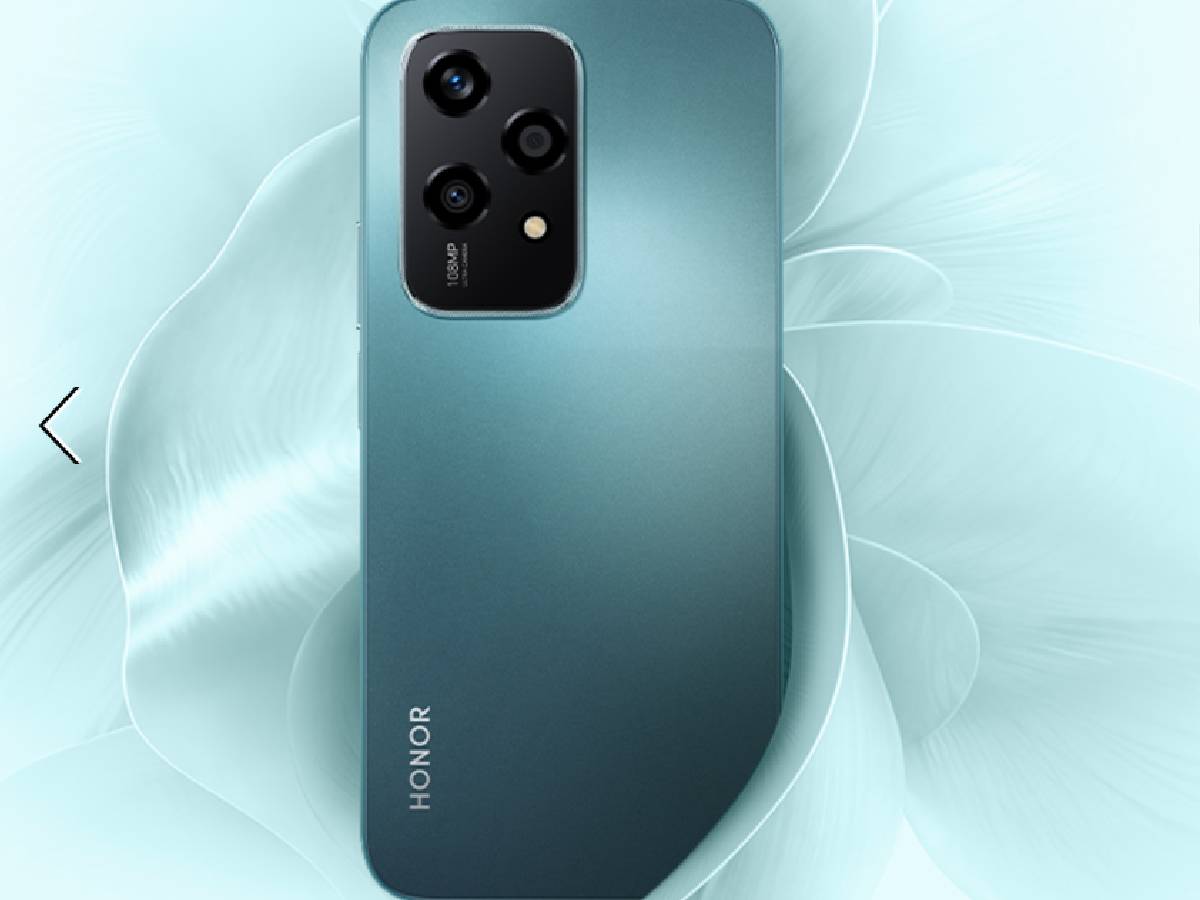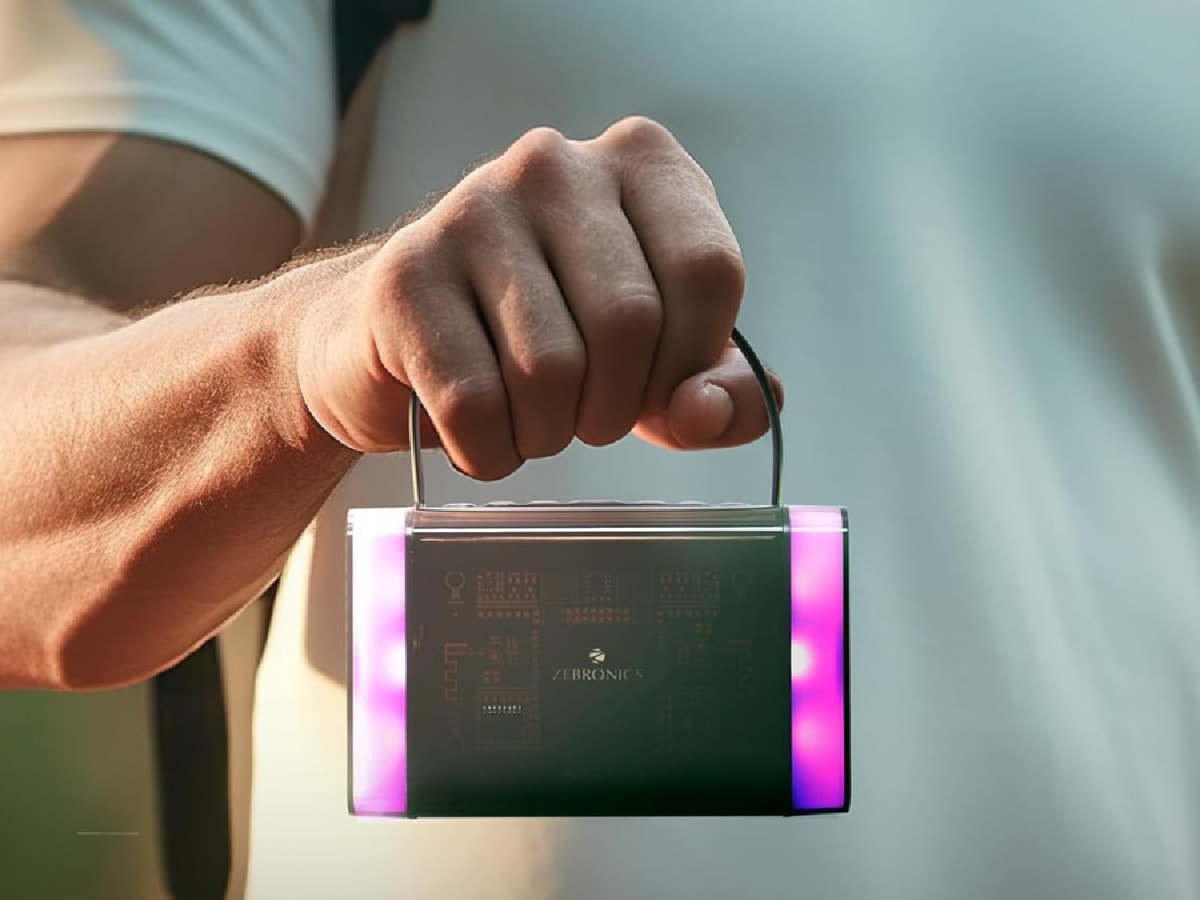Google Chrome on Android could be about to get a lot more secure thanks to Android 15's incoming QPR1 update. Even for those crucial moments when your phone's already been stolen.
It looks very likely that Google's going to introduce its Identity Check tool to the Android version of Chrome, based on a new "idcheck" flag found by browser expert Leopeva64 in the Chromium Gerrit. That's the online code review hub for Chromium, the codebase used to build the Chrome browser we all know and love, in case you weren't familiar.
Further digging by Mishaal Rahmam and Android Authority revealed that this flag would activate Identity Check if users tried to access payment methods, cross-device sync settings or incognito mode away from the device's set trusted locations.
Identity Check was recently announced as a new security measure that requires biometric authentication to change important Android settings, like your PIN. A fingerprint scan or facial recognition scan are required when this feature's enabled, as a PIN or password are much easier for criminals to crack, brute-force or learn via "shoulder surfing" — watching you input the code before then swiping your phone.
Unfortunately, Identity Check for Chrome will be seemingly limited to devices running Android 15 QPR1. All Android 15-eligible devices will be able to update to QPR1 (short for Quarterly Platform Release 1), but it won't be offered to anyone running older phones with Android 14 or earlier versions.
Chrome is where the heart is
Chrome, as an app, is intimately tied to your Google account, and a common place to log into important websites or make online purchases. That makes it as juicy a target for wannabe thieves as the smartphone hardware itself. So adding in this biometric security system is a smart way to make things harder for them, and to give regular users peace of mind.
All this also fits in with Google's new Android-wide anti-theft systems, introduced last week for devices running 2019's Android 10 update or later. These are primarily focused on what happens after your phone's been taken, with the new features including an auto-lock feature if the phone believes it's been grabbed from your hand, and a remote lock feature you can use to secure the phone from another device.
If Identity Check from Chrome does indeed up being part of QPR 1, then expect to see it arrive around December this year. While the support within the Android app itself may arrive before then, a server-side update is also required for the system to work, so we're unlikely to see it in action earlier even if you religiously download every Chrome update as they arrive.
More from Tom's Guide
- Google Meet just added pronoun support — here’s how to change yours
- Apple Intelligence release date imminent as iOS 18.1 release version goes live
- Google Gemini — 5 tips to get better results with your prompts





















 English (US) ·
English (US) ·